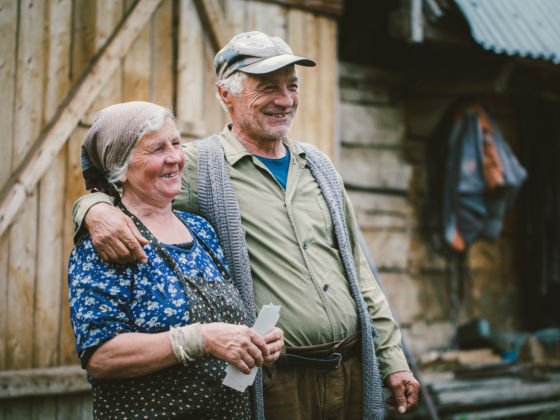1. Eating produce out of season
In the States, I was used to having a fresh supply of produce like apples and strawberries year round. In Romania, out of season produce is more difficult to find, so if it’s not in season, I tend to go without it. But what I’ve come to enjoy about being stuck with seasonal food is becoming festive about the change in climate. In summer, I look forward to the time when I can make apple cobblers with the abundance of sweet, round Romanian apples tumbling from a market shelf, and when the world is grey with slush and overcast skies, the first strawberries of the season become my first sign of spring.
